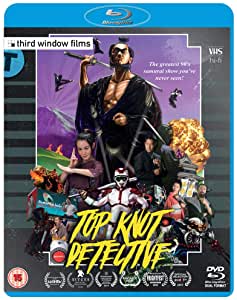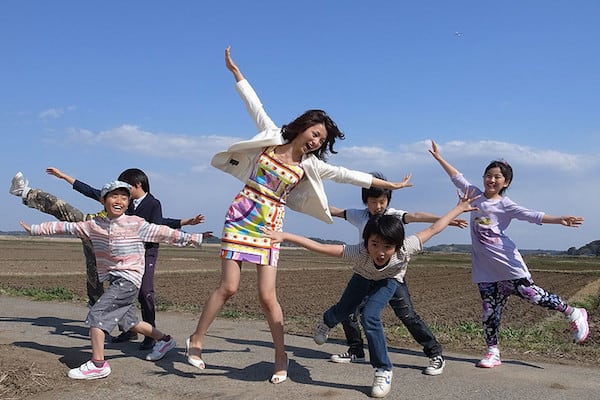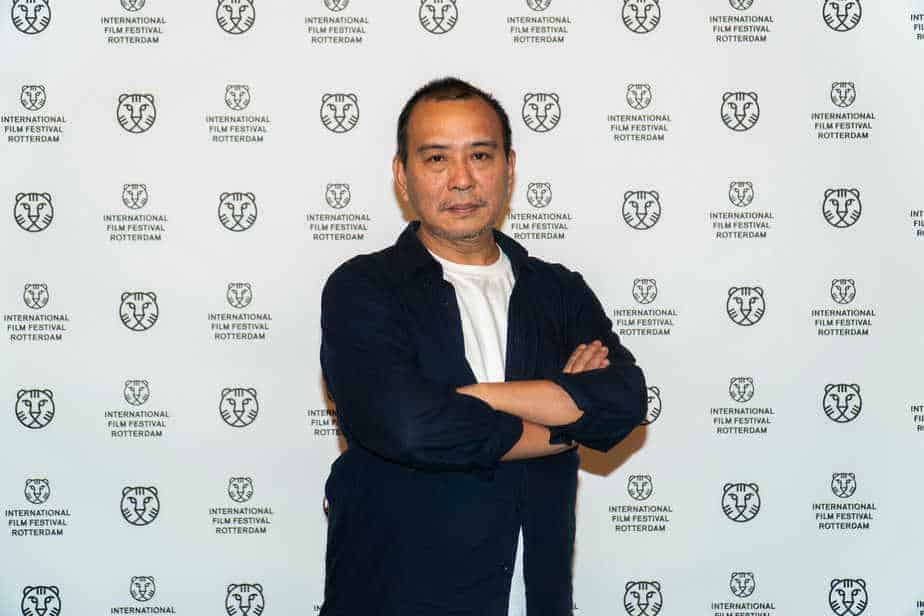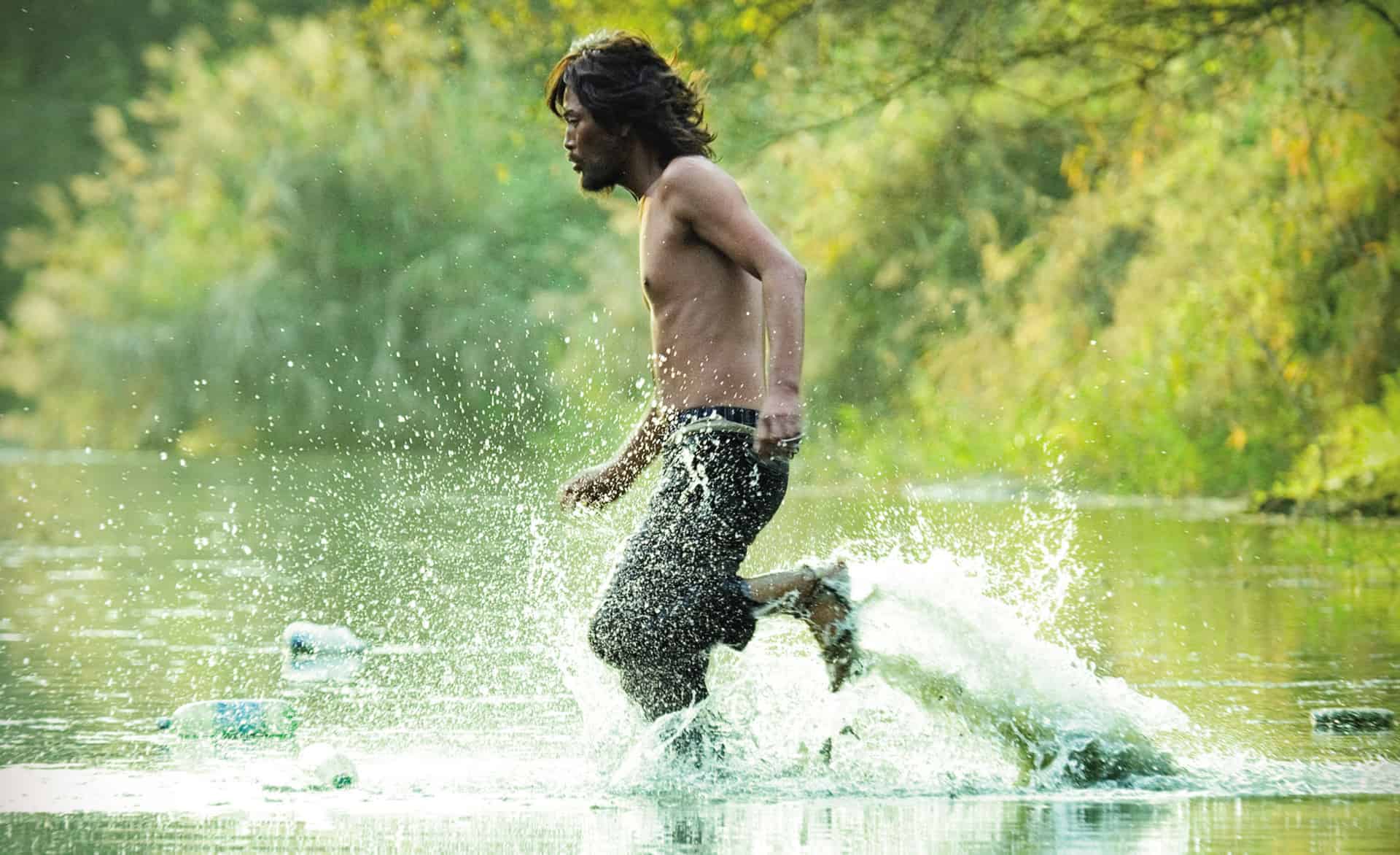6. Top Knot Detective (Dominic Pearce and Aaron McCann, 2017, Australia, Japan)

Dominic Pearce and Aaron McCann have created a mockumentary so thorough and filled with information, that even knowing the whole concept is fictional, I still have troubled believing it. Starting with the reaction of the Australian audience to the screening of the film, continuing to the events that led to its creation and the company behind it, to the story of deviser, director, writer, producer and protagonist Takashi Takamoto and the interviews with the other protagonists, to “actual” footage from the shootings, and to the fate of all of the above, “Top Knot Detective” has nothing to be jealous of other, “real” documentaries.
Probably the best aspect of the story is the creation of the main character, who is portrayed as a despicable, egomaniac lecher with drugs and drinking problems and connections to the Yakuza, but ingenious creator nevertheless. Toshi Okuzaki does a great job in the role, highlighting all of the above aspects both during the scenes from the series and the live footage. Furthermore, his character is shaped by the interviews of his colleagues; Haruto Koike (majestically portrayed by Masa Yamaguchi), his rival who also was the son of the company that financed the series, Izumi Himura, one of the females that got fed up by Takamoto's behaviour and left the show, and Mia Matsumoto, who seemed to be the only that ever loved him. Again, it is quite hard to believe that all these characters are non-existent, due to the thoroughness in their depiction, and the quality of their acts. (Panos Kotzathanasis)
Buy This Title
7. Buddha.mov (Kabir Mehta, 2017, India)
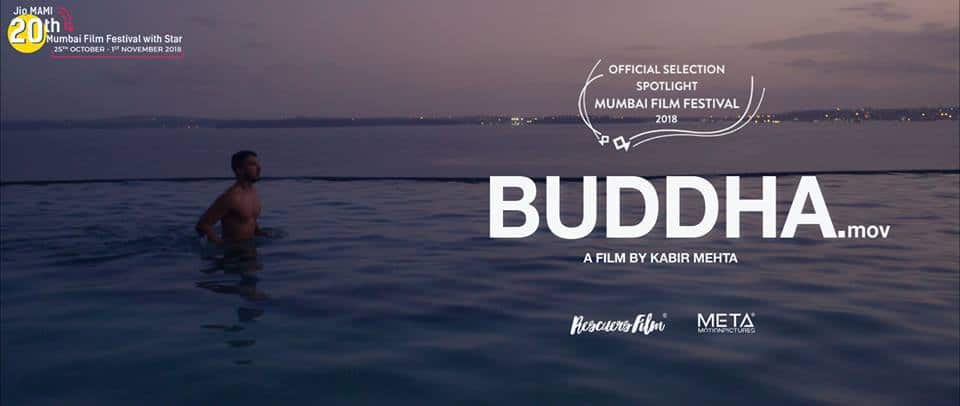
The story focuses on former Indian cricketer Buddhadev Mangaldas, who happens to be a celebrity in Goa and a distant cousin of the director of “Buddha.mov” and his life a bit before and after his retirement from cricket. Mehta follows his subject quite closely, as we see him training, taking showers, and having intercourse with a different woman every night (or day for that matter), in different locations. Mangaldas is revealed as somewhat of a social media addict, almost constantly chatting about his life and particularly his conquests on the web, but at the same time proves to be a bit conservative, worrying about his family's reactions to the things he posts and to his wish of becoming a movie star. Eventually, however, he decides to follow the profession of his mother, and become a real estate agent.
Kabir Mehta directs a mockumentary, where “mock” seems to be the main ingredient of a story that lingers between reality and imagination. In that fashion, a plethora of attitudes, concepts and practices are mocked repeatedly in the film. Probably the most central one is social media, with Mehta having Mangaldas indulging in the silliness of the various media as much as possible, as we watch him posting on Tinder, watching videos titled “Best Reality Fights 3” and having someone named Phoebe Kudrow (an obvious “Friends” reference) replying on him on Facebook. (The profile actually exists btw). (Panos Kotzathanasis)
8. Mehsampur (Kabir Singh Chowdhry, 2017, India)
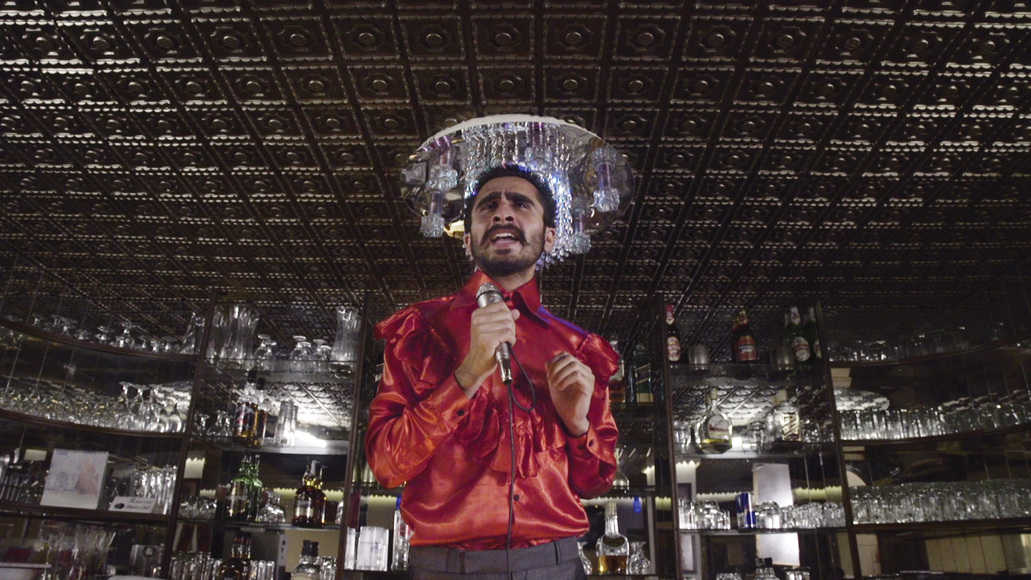
The film functions as a very strange documentary, that has an eccentric filmmaker named Devrath arriving to Punjab to make a movie about the popular folk-singing duo Amar Singh Chamkila and Amarjot Kaur who were assassinated in the village of Mehsampur in 1988, in a crime that remains unsolved. His attitude, however, is rather extreme, as he asks anyone who comes his way about the killings rather rudely, and spends much of his time in bars watching some very strange live performances. Eventually he tracks down the former manager of the group, Kesar Singh Tikki, who seems to hold a grudge against them and is keener on promoting his other acts through Devrath's film. Later on, he meets a wannabe actress, Manpreet, who ends up having quite graphic sex with him, and Lal Chand, an actual member of the band who was also shot but survived. After a number of events, that could only be described as surrealistic, Devrath forces the unwilling two on a trip to the area where the murder occurred. And then things get really strange.
Let us try the description thing again. Kabir Singh Chowdhry directs a documentary about a mockumentary (or maybe the opposite), where the narrative occasionally functions as in a feature, but rather surrealistic film, since the actual characters involved in the case mostly act, instead of “being interviewed”. Confused? Wait until you see the movie. (Panos Kotzathanasis)
9. Extro (Naoki Murahashi, 2019, Japan)
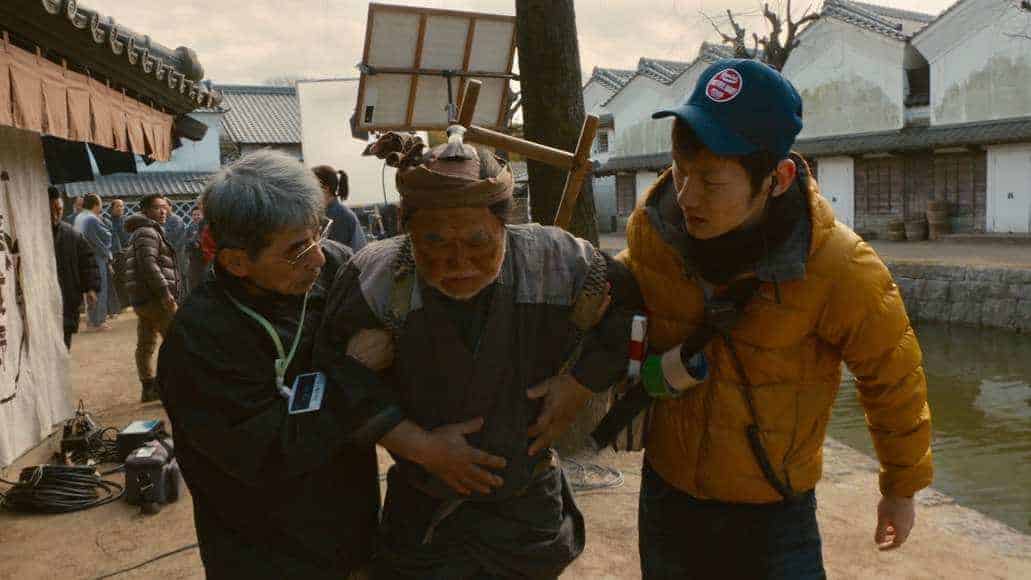
Murahashi pushes the envelope of mockumentary by refocusing to other subjects in the process, occasionally returning to his initial main lead. As a veteran extra, Haginoya looks natural at what he does, even when he is thrown in an unflattering role of a clumsy old man responsible for the re-shooting of several scenes of an Edo-period drama. What's real and what not and what is Haginoya's true personality or his aspirations is impossible to know, but the script is written in such a way that it plays with the limitations of both fiction and documentary formative elements. Instead of seizing for one clear expression form, “Extro” is more of a long joke about the film industry that uses one particular vocation to speak about them all. (Marina Richter)
10. Monster Seafood Wars (Minoru Kawasaki, 2020, Japan)

No one in his right mind would even for a second entertain the idea that this investigative food documentary about a bunch of mutated squid and crabs attacking Japan and eventually ending up becoming the newest gourmet fad in the country is real. The monsters are obviously men in cute and fluffy costumes, for crying out loud. Yet, by playing it as serious as an outlandish premise such as this one permits, Minoru Kawasaki's devilishly funny and entertaining mockumentary manages to poke fun and comment on contemporary societal and cultural problems such as consumerism and fetishization of food.(Martin Lukanov)


